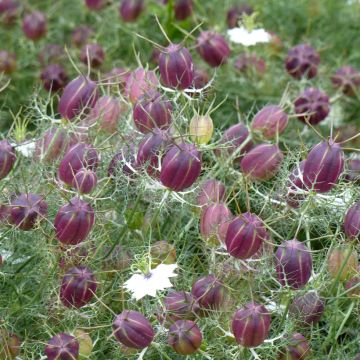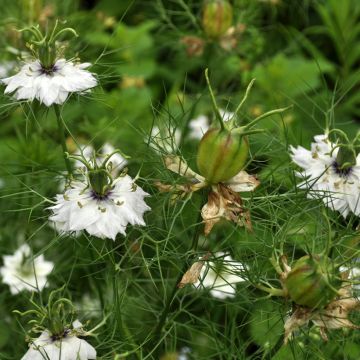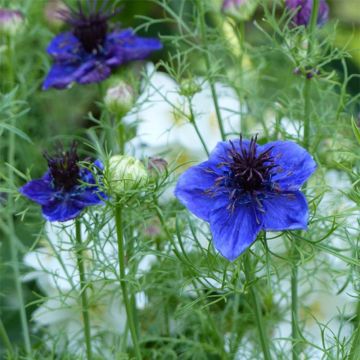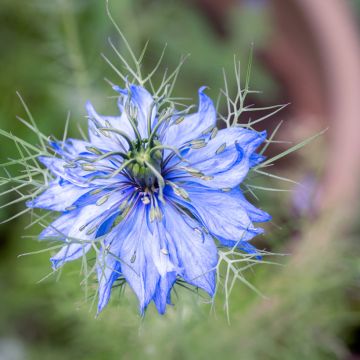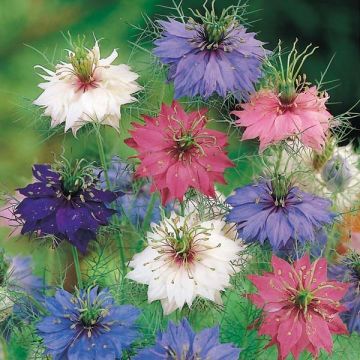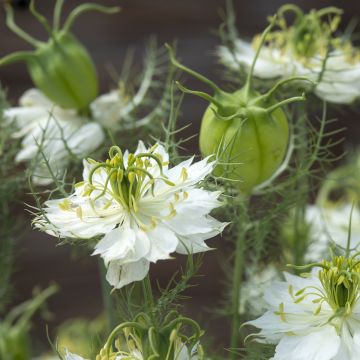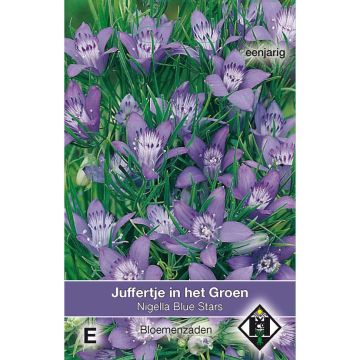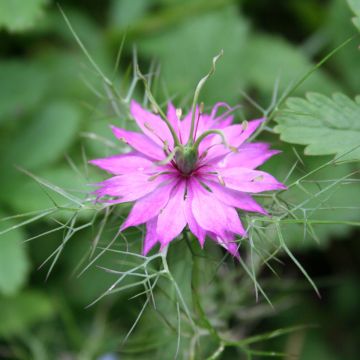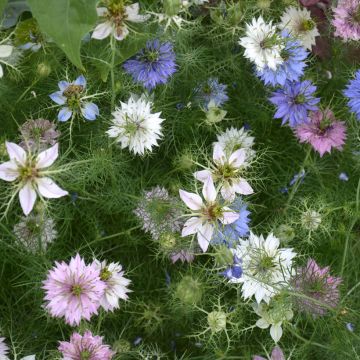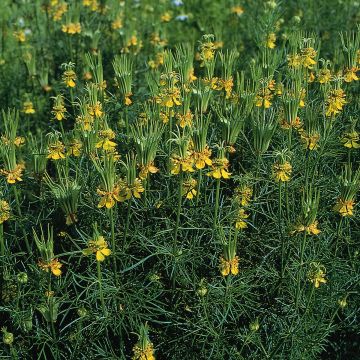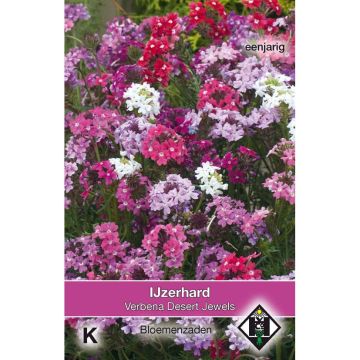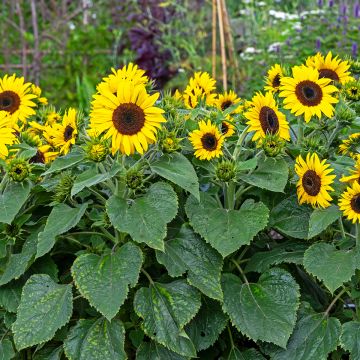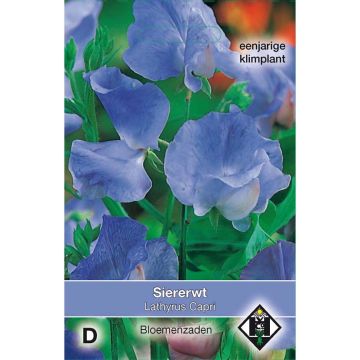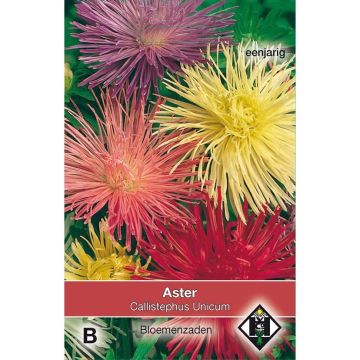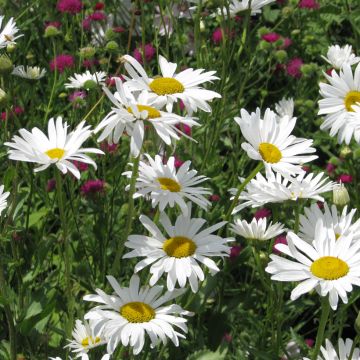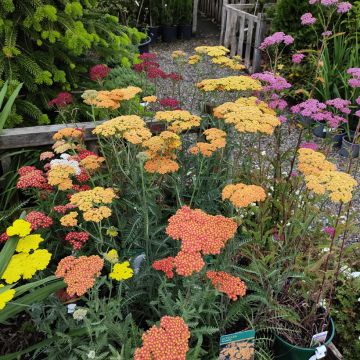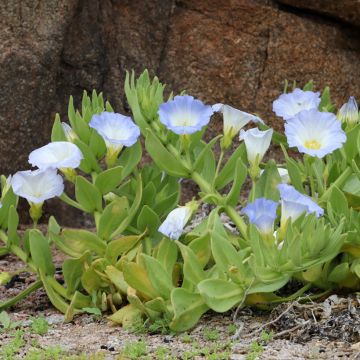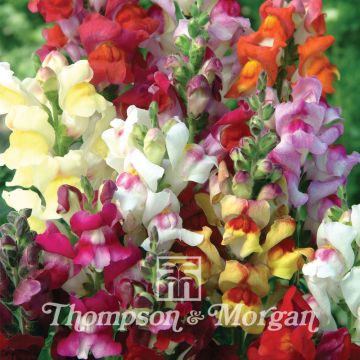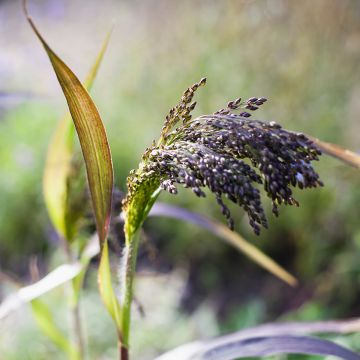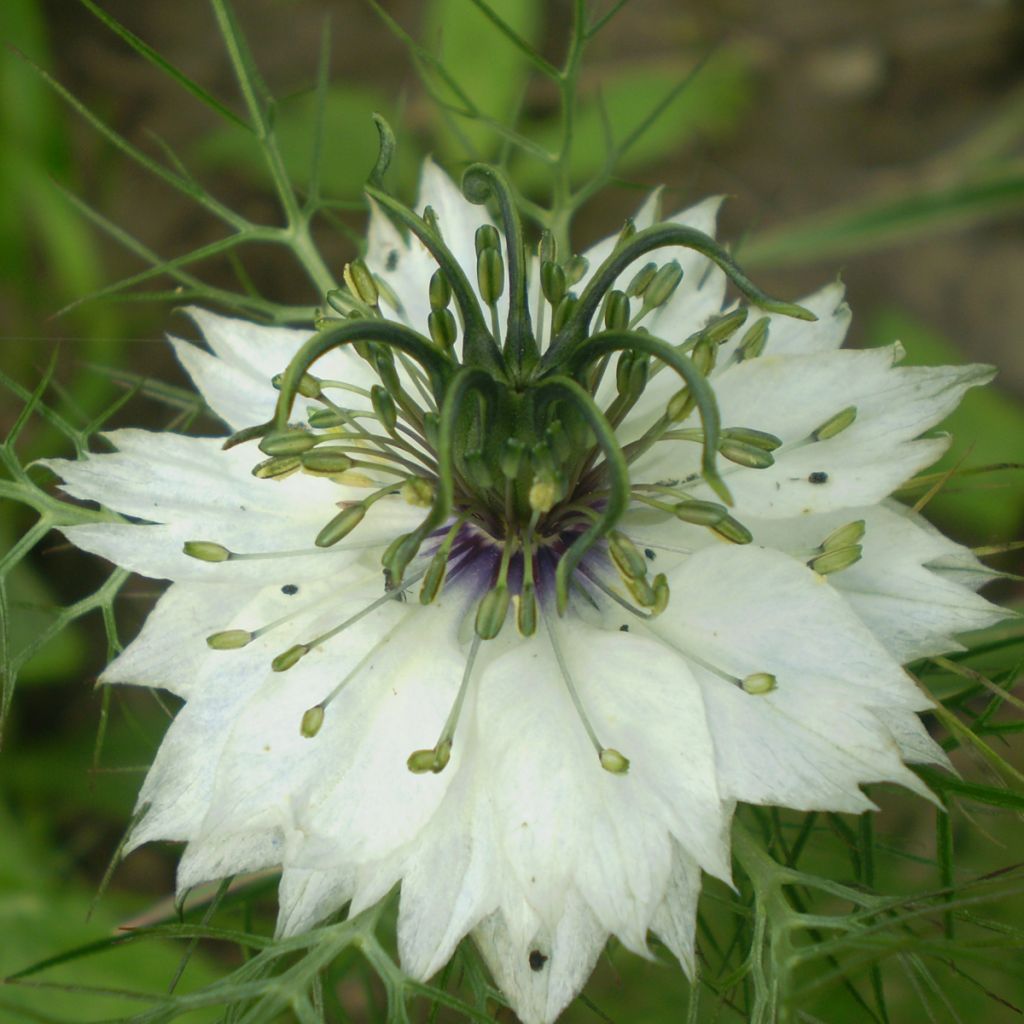

Love-in-a-mist Miss Jekyll Alba Seeds - Nigella damascena
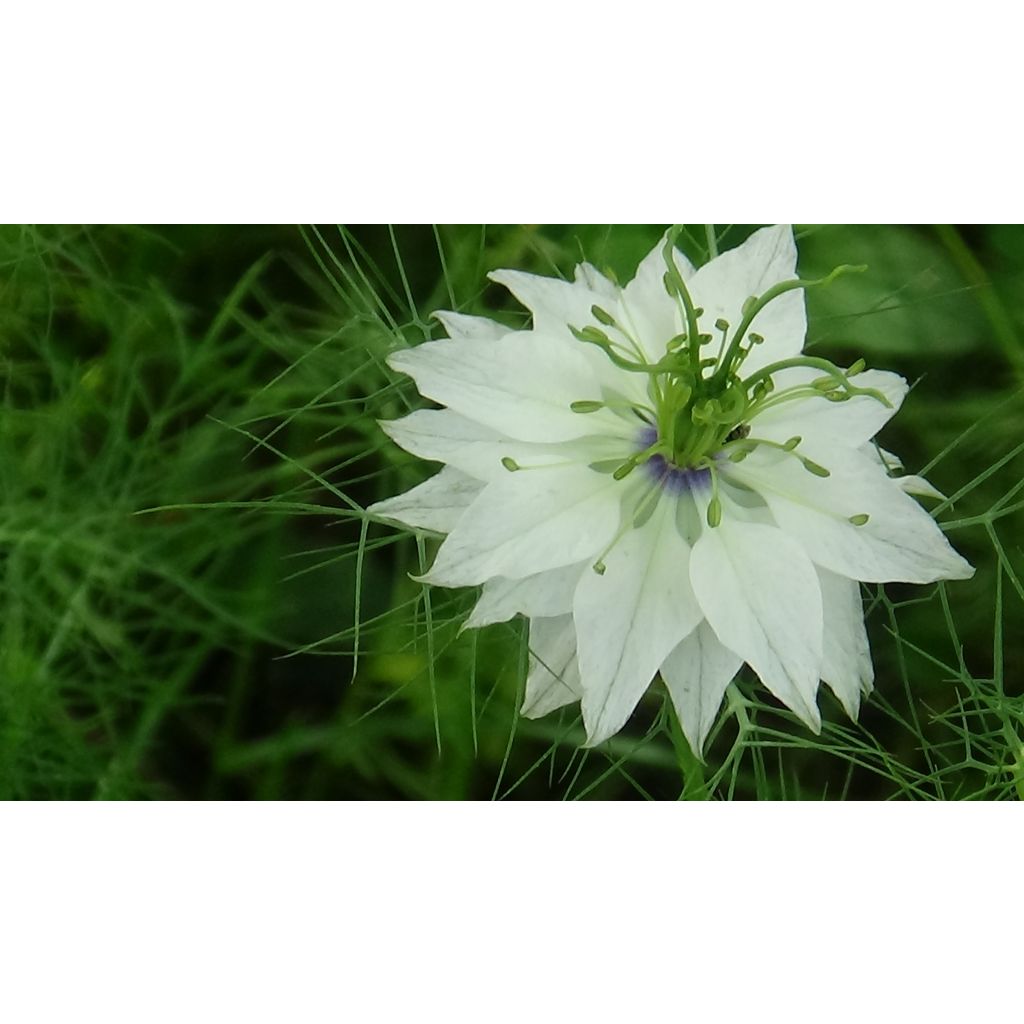

Love-in-a-mist Miss Jekyll Alba Seeds - Nigella damascena
Love-in-a-mist Miss Jekyll Alba Seeds - Nigella damascena
Nigella damascena Miss Jekyll Alba
Love-in-a-Mist
Hyper easy to sow and stunning!
Laurence, 31/05/2019
This item cannot be shipped to the selected country
Dispatch by letter from €3.90
More information
Schedule delivery date,
and select date in basket
This plant carries a 6 months recovery warranty
More information
We guarantee the quality of our plants for a full growing cycle, and will replace at our expense any plant that fails to recover under normal climatic and planting conditions.
Seed-only orders are dispatched by sealed envelope. The delivery charge for seed-only orders is €3.90.


Does this plant fit my garden?
Set up your Plantfit profile →
Description
Nigella 'Miss Jekyll Alba', also known as Nigella damascena, bears from spring to summer, candid white flowers, marvellous in their simplicity and finesse, which seem to float on airy foliage. The flowers then turn into original fruit in the form of round, papery capsules embellished with a kind of 'hair'. You can sow this delightful variety directly, like stardust, in rock gardens or in sunny flower beds, without fear of disturbing neighbouring plants. It makes for an excellent flower for bouquets. Foliage, flowers, fruit: everything is decorative with this easy-to-grow plant!
Nigella damascena is an annual plant of the buttercup family (Renonculaceae) native to the Near East. In the wild, it grows in uncultivated, rocky areas, roadsides, and in the most difficult of soils. It is an annual plant whose life span does not exceed a few months, but which spontaneously and generously self-seeds. Very hardy and fast-growing, this plant spends the winter as a seedling and in spring forms a beautiful clump of feathery foliage, like that of fennel, and grows up to 50 cm high and 20 to 30 cm wide. The 'Miss Jekyll Alba' variety also named 'Miss Jekyll White' is cultivated for its simple, immaculate white flowers. Flowering takes place from May to August, depending on when the seeds were sown. Its beautiful flowers feature tapered petals, surrounded by a lace collar and are nestled in the foliage. They are about 3 cm in diameter and develop into round, pinkish brown capsules that become silky when mature and contain a large quantity of small black seeds. These seeds germinate very easily in light soil.
Being one of the plants commonly cultivated in monastic gardens, the Damascus nigella, so aptly named by the English 'Love-in-a-mist', is one of the easiest plants to grow in well-drained soils. It is charming and perfect everywhere and goes well with all the other plants: in natural gardens, rock gardens, perennial beds, where it contrasts beautifully with coarse textured plants. It can also be combined with shrub roses, old roses, bushes or botanical roses. Love-in-a-mist colonizes open spaces in record time and can quickly create a colourful, rural setting with Lady phacelia, Honeywort, sainfoins, Californian poppies, perennial flax, rosemary, wild chicory or everlasting sweet pea...
Report an error about the product description
Love-in-a-mist Miss Jekyll Alba Seeds - Nigella damascena in pictures
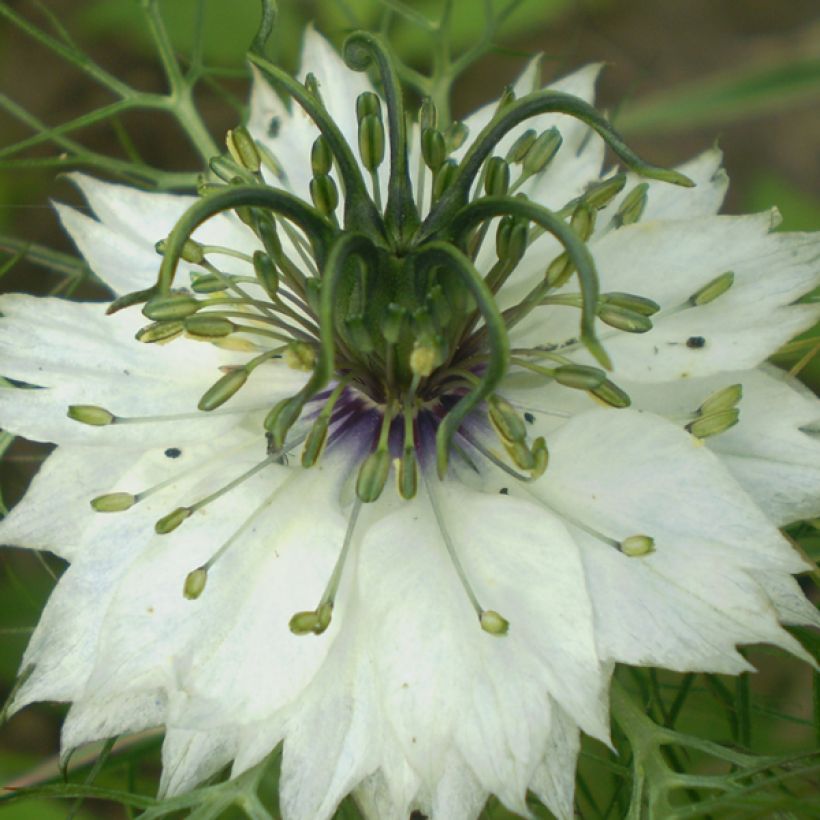

Flowering
Foliage
Plant habit
Botanical data
Nigella
damascena
Miss Jekyll Alba
Ranunculaceae
Love-in-a-Mist
Cultivar or hybrid
Other Nigella -Love-in-a-mist seeds
Planting and care
Sowing Love-in-a-mist is child's play. You can either sow in spring or at the end of summer since the seedlings are hardy and overwinter undamaged. Sow the seeds outside, directly in the ground. Prepare the soil well in order to loosen it before sowing. Sow in rows 6 mm deep and 30 cm apart. The young plants do not like to be disturbed at all. You can make beautiful flowering pots for spring by sowing the seeds in an unheated greenhouse or veranda in late summer and autumn. Thin out the seedlings to allow a 20 cm spacing. Nigella likes sunshine and tolerates drought well because it adapts its life cycle to the weather conditions, flowering early in regions with dry summers and all summer long in cooler climates. These plants self-seed freely in the garden but their seedlings are not always clones of the parents and can differ in appearance.
Sowing period
Intended location
-
, onOrder confirmed
Reply from on Promesse de fleurs
Flower seeds
Haven't found what you were looking for?
Hardiness is the lowest winter temperature a plant can endure without suffering serious damage or even dying. However, hardiness is affected by location (a sheltered area, such as a patio), protection (winter cover) and soil type (hardiness is improved by well-drained soil).

Photo Sharing Terms & Conditions
In order to encourage gardeners to interact and share their experiences, Promesse de fleurs offers various media enabling content to be uploaded onto its Site - in particular via the ‘Photo sharing’ module.
The User agrees to refrain from:
- Posting any content that is illegal, prejudicial, insulting, racist, inciteful to hatred, revisionist, contrary to public decency, that infringes on privacy or on the privacy rights of third parties, in particular the publicity rights of persons and goods, intellectual property rights, or the right to privacy.
- Submitting content on behalf of a third party;
- Impersonate the identity of a third party and/or publish any personal information about a third party;
In general, the User undertakes to refrain from any unethical behaviour.
All Content (in particular text, comments, files, images, photos, videos, creative works, etc.), which may be subject to property or intellectual property rights, image or other private rights, shall remain the property of the User, subject to the limited rights granted by the terms of the licence granted by Promesse de fleurs as stated below. Users are at liberty to publish or not to publish such Content on the Site, notably via the ‘Photo Sharing’ facility, and accept that this Content shall be made public and freely accessible, notably on the Internet.
Users further acknowledge, undertake to have ,and guarantee that they hold all necessary rights and permissions to publish such material on the Site, in particular with regard to the legislation in force pertaining to any privacy, property, intellectual property, image, or contractual rights, or rights of any other nature. By publishing such Content on the Site, Users acknowledge accepting full liability as publishers of the Content within the meaning of the law, and grant Promesse de fleurs, free of charge, an inclusive, worldwide licence for the said Content for the entire duration of its publication, including all reproduction, representation, up/downloading, displaying, performing, transmission, and storage rights.
Users also grant permission for their name to be linked to the Content and accept that this link may not always be made available.
By engaging in posting material, Users consent to their Content becoming automatically accessible on the Internet, in particular on other sites and/or blogs and/or web pages of the Promesse de fleurs site, including in particular social pages and the Promesse de fleurs catalogue.
Users may secure the removal of entrusted content free of charge by issuing a simple request via our contact form.
The flowering period indicated on our website applies to countries and regions located in USDA zone 8 (France, the United Kingdom, Ireland, the Netherlands, etc.)
It will vary according to where you live:
- In zones 9 to 10 (Italy, Spain, Greece, etc.), flowering will occur about 2 to 4 weeks earlier.
- In zones 6 to 7 (Germany, Poland, Slovenia, and lower mountainous regions), flowering will be delayed by 2 to 3 weeks.
- In zone 5 (Central Europe, Scandinavia), blooming will be delayed by 3 to 5 weeks.
In temperate climates, pruning of spring-flowering shrubs (forsythia, spireas, etc.) should be done just after flowering.
Pruning of summer-flowering shrubs (Indian Lilac, Perovskia, etc.) can be done in winter or spring.
In cold regions as well as with frost-sensitive plants, avoid pruning too early when severe frosts may still occur.
The planting period indicated on our website applies to countries and regions located in USDA zone 8 (France, United Kingdom, Ireland, Netherlands).
It will vary according to where you live:
- In Mediterranean zones (Marseille, Madrid, Milan, etc.), autumn and winter are the best planting periods.
- In continental zones (Strasbourg, Munich, Vienna, etc.), delay planting by 2 to 3 weeks in spring and bring it forward by 2 to 4 weeks in autumn.
- In mountainous regions (the Alps, Pyrenees, Carpathians, etc.), it is best to plant in late spring (May-June) or late summer (August-September).
The harvesting period indicated on our website applies to countries and regions in USDA zone 8 (France, England, Ireland, the Netherlands).
In colder areas (Scandinavia, Poland, Austria...) fruit and vegetable harvests are likely to be delayed by 3-4 weeks.
In warmer areas (Italy, Spain, Greece, etc.), harvesting will probably take place earlier, depending on weather conditions.
The sowing periods indicated on our website apply to countries and regions within USDA Zone 8 (France, UK, Ireland, Netherlands).
In colder areas (Scandinavia, Poland, Austria...), delay any outdoor sowing by 3-4 weeks, or sow under glass.
In warmer climes (Italy, Spain, Greece, etc.), bring outdoor sowing forward by a few weeks.

































